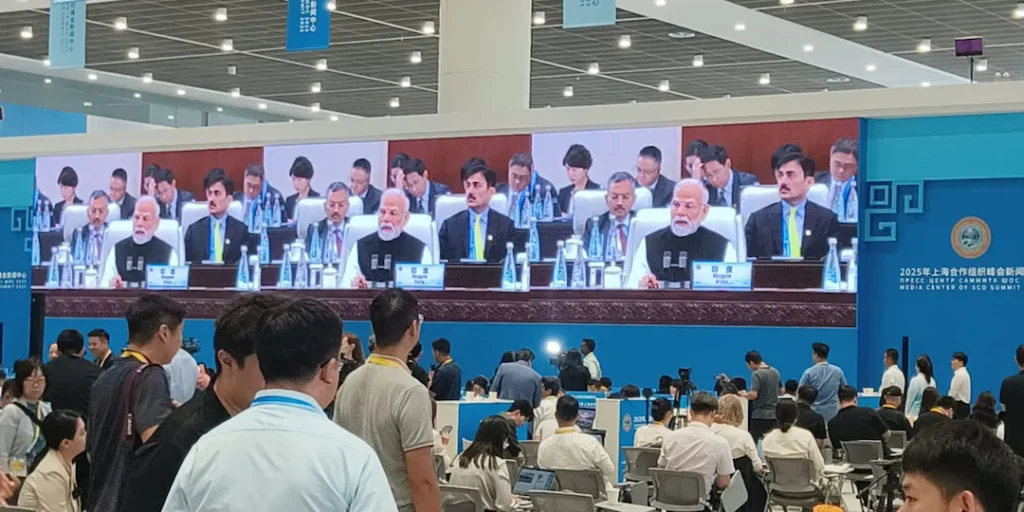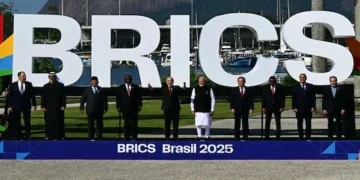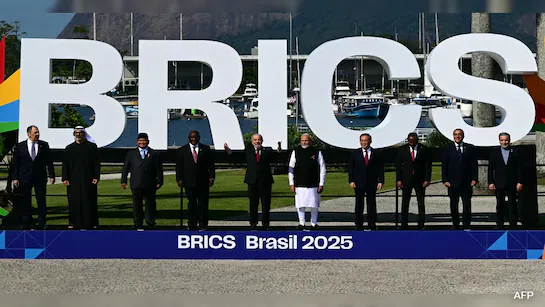The Shanghai Cooperation Organisation (SCO) strongly condemns the Pahalgam terror attack amid Prime Minister Narendra Modi’s visit to China. Get the latest updates on global reactions and India-China relations.

SCO Issues Strong Condemnation of Pahalgam Terror Attack During PM Modi’s Visit to China
China Visit and SCO Summit: The Context
During his high-stakes visit to China—his first since 2019—Prime Minister Narendra Modi attended the 25th Summit of the Shanghai Cooperation Organisation (SCO) in Tianjin on September 1, 2025. The summit, hosted by Chinese President Xi Jinping and attended by Russian President Vladimir Putin alongside leaders from South and Central Asia, was billed as “a powerful show of Global South solidarity.
India used this pivotal platform to foreground the issue of cross-border terrorism, especially the tragic April 22 massacre in Pahalgam, Jammu and Kashmir. In his speech, PM Modi highlighted the terror attack—where 26 civilians were killed—as not only an assault on India, but a blow to humanity itself .
SCO’s Unified Response: Strong Condemnation in Tianjin Declaration
Following India’s determined push for accountability, the SCO member states issued the Tianjin Declaration, formally and strongly condemning the Pahalgam terror attack. The declaration expressed deep condolences for the victims’ families and insisted that “perpetrators, organisers and sponsors” must be brought to justice.
Crucially, the declaration underscored that terrorism, in all its forms, must be universally condemned, and any “double standards in the fight against terrorism” are unacceptable.
PM Modi’s Call for Consistency in Counter-Terrorism
In a pointed address delivered in the presence of Pakistan’s Prime Minister Shehbaz Sharif, PM Modi reaffirmed India’s resolve: terrorism is a global threat, not limited to borders. He criticized nations that selectively tolerate terror, stressing that “double standards won’t do”.
Modi framed the SCO as a tool for advancing regional resilience under the themes of Security, Connectivity, and Opportunity—intent on deeper coordination to counter terror, separatism, and extremism.
China-India Bilateral: Cooperation on Cross-Border Terrorism
On the summit sidelines, PM Modi and President Xi Jinping held a significant bilateral meeting, where Modi raised concerns over cross-border terrorism within the context of the Pahalgam attack. Foreign Ministry spokespersons later confirmed that China showed support and understanding toward India’s stance on the issue, signaling potential collaboration.
Diplomacy in Action Amid High-Stakes Optics
The atmosphere in Tianjin was as much about optics as substance—with striking visuals of global leaders meeting against the backdrop of growing geopolitical polarization. PM Modi also shared cordial interactions with Putin and Xi, demonstrating deft diplomatic navigation between major powers amid rising U.S. tariffs and strained global alliances.
Final Thoughts: Pushing for Justice and Global Solidarity
India’s campaign at the SCO summit was a diplomatic success: it secured a strong multilateral statement condemning the Pahalgam attack, obtained explicit alignment in language condemning terrorism, and galvanized broader regional consensus.
Beyond addressing the immediate tragedy, India positioned itself as a principled leader insisting on consistent global standards against terrorism—a message amplified not just in the SCO declaration but in the broader conversation on regional security. With China signaling openness to cooperation and SCO’s unity on display, the summit reflected both a symbolic and strategic move toward deeper engagement among key Eurasian nations.
READ ALSO……..Mumbai Maratha Quota Protest: Jarange-Patil Demands Case Withdrawals, Continues Hunger Strike 29 AUG















 Categories
Categories









